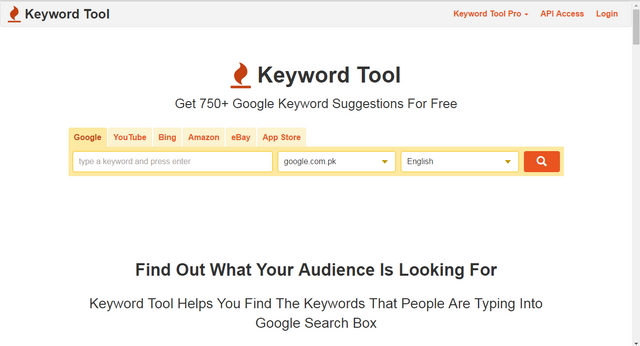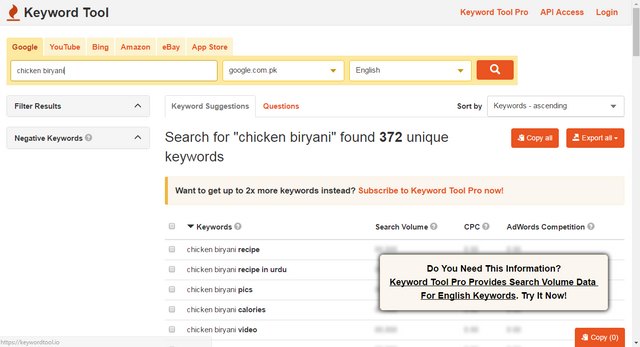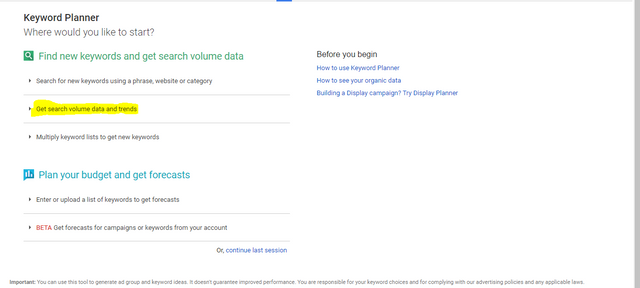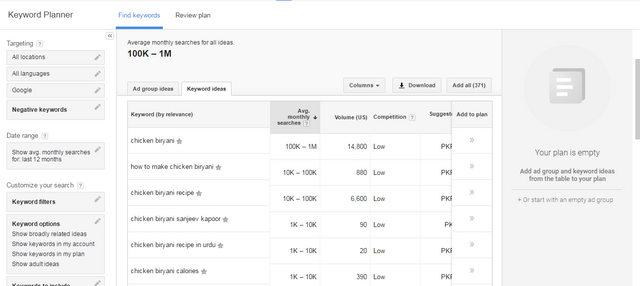SEO 101: How To Give Your Steemit Content Even More Visibility In Search Engines And Beat Your Competitors - SEO Tutorial Series - # 2
Hello Steemians!
Welcome to the second post in my SEO Tutorial Series. In our last tutorial, we discussed some of the basics of On-Page S.E.O like:
- Title
- Description
- H1 Tag
- Keyword in Tags option of Steemit.
But there are more things you need to be aware of when you are doing On-Page S.E.O to get Search Engines (i.e Google etc) to rank you on their top page. As I mentioned in my previous tutorial, SEO revolves around two factors: On-Page and Off-Page SEO. Therefore, you can't expect to rank on top just by doing On-Page SEO, you'll have to leverage and balance both.
On-Page SEO is relatively easier than Off-Page SEO and as we are in our starting phase, I decided to start these tutorials from the basics so that all types of people could benefit from this tutorial series.

In today's tutorial, we are going to discuss one of those important factors which Search Engines look for in a page to determine if the content is truly valuable, and not just engineered for SEO. We will learn how we can beat our competitors, outrank them and grab one of the Top 10 positions on Google (and Yahoo, Bing etc) for search results. When you work hard writing high quality content, then you shouldn’t hesitate to look for every advantage. In fact, Google actually expects this from high-quality content writers.
Types Of Keywords:
In SEO there are basically two types of keywords:
- Main keywords
- Related keywords.
We discussed main keywords in my first SEO 101 post which you can find here. Today we are going to discuss “Related Keywords.” Due to its importance, we’ll focus solely on this factor in this tutorial.
Related keywords:
Related keywords have an ideal search volume and low S.E.O competition. As I mentioned in the last post, through Google Keywords Planner you'll pick your main keyword and optimize your content by placing it in the title, description, h1 and tags.
Most of the ways of finding related keywords are a bit too advanced for now, so in this post we’re going to start with a beginner-friendly technique.
There is an online tool called KeywordTool through which you can get plenty of free ideas for your main keyword. When you open this site, this screen will show up:

In the above picture, you can see a field which says "type a keyword and press enter". Enter your main keyword and press enter. Although you can use any search engine, if you're a US resident and want to get ideas related to US searches, then select www.google.com.
As was the case in the first tutorial, my main keyword is "Chicken Biryani.” If I know that using “Chicken Biryani” will improve my ranking for Google, then it's also more likely that Google will favor keywords that are related to that term as well.

There you go, 372 related keywords! Now, some of them might be better for SEO purposes than the others, but we'll get to "Keyword Research and Keyword Analysis In-Depth" in our coming tutorials. For now we’re just focusing on the basics. Now you need to click on "Copy All".
After that, you'll need to know the search volume. Again, we're skipping the keyword difficulty analysis for now. Let's analyze how many keywords are worthy to use. Go to Google Keywords Planner, log-in using your gmail, and click on "Get search volume data and trends":

Now paste your copied keywords in that field to find out the search volume.

You might have noticed that Google is showing the Avg Monthly Searches table in ranges. It is due to their recent changes, and if you want to get the exact search volume, you’ll have to start an ad campaign with them which costs money. Fortunately, I am going to hook you up with a free way to get the “Exact” search volume directly from Google in purely legit way!
First, sort your keywords list by “Avg Monthly Searches” just like I did in the screenshot. Then select your desired keywords and distribute them in your content in an organic manner. You should favor those keyword phrases which are 4-5 words long, which can be spread within your content in organic manner, and have reasonable search volume.The exact procedure for choosing a keyword based on its difficulty level is time-consuming and is a completely different topic so we'll cover it in upcoming tutorials.
How Many Related Keywords Should Be Used?
There is no hard rule. With that being said, you can use as many related keywords as you like, as long as you use them in organic manner. It completely depends on the length of your post/article. Personally I’d say, don’t go for more than 3 related keywords and don’t mention each related keyword more than twice to keep your content high quality. Focus more on your main keyword and you should be successful ;)
Summary:
As of now, we’ve covered the 5 most important factors, but there’s way more techniques which will help you maximize your odds of success which I’ll be covering in the future. Most SEO optimizers struggle for success because they’re simply unaware of what they should be focusing on. The purpose of covering every strategy in such a detail is to ensure your success when you’re doing SEO for Steemit (or for your own site).
Important Info:
In my coming tutorials, we'll discuss how to perform effective keyword research and analysis methods, and we will get slightly more advanced. Keyword research and analysis is one of the element of On-Page SEO and once we complete On-Page SEO, we'll get to Off-Page SEO. Those tactics mentioned above are some proven ways to build a good reputation in the eyes of Google and beat your competitors. This will give you a significant edge over other people attempting to optimize their content. So stay tuned!
Please make this S.E.O Tutorial Series a huge success by showing your vote-love, comment and shares. Also follow me at @princewahaj for more updates. I would like to thank @andrarchy @zurvanic @donkeypong @ausbitbank @transisto @dragonslayer109 @steemist @pharesim and @gavvet and ALL other supporters for showing their full support for the SEO tutorial series. Keep supporting this series and let's take Steemit to the SKY (or Moon you say? ;) )
great post.will try some of the methods you mentioned !
Enjoyed! Learned a bit too. I like it when the old dogs lay out lil' nuggets for us puppies. Always looking for good tutorials. Much appreciated and I'm sure I'll be using it when I begin to blog. Thank you.
Thx for posting.
Resteemed.
Thank you for this guide! :)
good job - thanks - good SEO reminder
meep
meep
meep
This is very easy thanks :)
Those are some good tips! i will think about this in my next marketing project :)
Thanks
Thank you for the time you put into this, I also appreciate starting at the basic level. I'm looking forward to future posts.
SDG